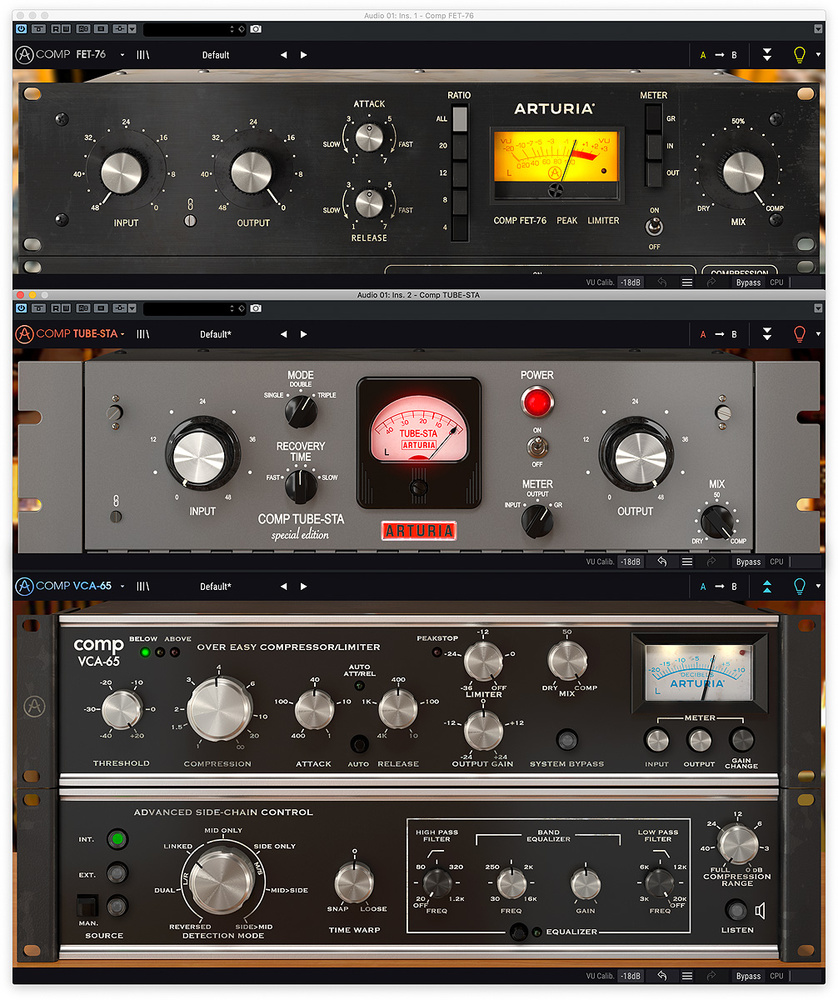
In other words, I don’t think one is better than the other. The Apollo Twin MkII sounds more “vintage” in my opinion while the Twin X sounds more “modern”.
#3 FREE UAD PLUGINS INCLUDE COLLECTIONS PORTABLE#
On the other hand, the Apollo Twin X ISN’T bus-powered, so it isn’t as portable as the Arrow.Īs we discussed in the previous section, the only real significant differences involve the preamps and AD/DA converters. However, I do recommend it for the minor enhancements pertaining to the preamps and AD/DA converters if you can appreciate that kind of thing. So, you’re only getting slight improvements if you decide to go with the Twin X vs Twin MkII. They can provide 127 dB of dynamic range compared to the 115/118 dB of the Apollo Twin MkII. I just don’t think the difference in price justifies the additional two cores.Īnother thing to consider about the Apollo Twin X is the enhanced AD/DA converters. Even if you feel that you’ll need more DSP down the road, you can always purchase one of the UAD Satellites. If you’re hesitating between the dual-core or quad-core model though, I highly suggest going with the DUO. Personally, I prefer the preamps on the Apollo Twin X because they provide more clarity. It just depends on your personal preference and whether or not your computer includes Thunderbolt 3 ports. However, the preamps aren’t necessarily better or worse. It’s completely bus-powered by the Thunderbolt 3 cable (sold separately).Īs I mentioned, the preamps are different according to most people and the colour is different. Regardless, the Universal Audio Arrow is the most portable audio interface with onboard DSP/Unison preamps.

If that’s going to be a problem for you, then you can either consider another Universal Audio interface OR you can skip to the section on Universal Audio Satellites. Shockingly, you could probably host 2-3 plugins at the most without overloading the processor. The next question is, how many plugins do you use at once? That’s because most of us record one track at one time. The truth is most musicians/music producers would be more than satisfied with the Arrow. However, it really depends on what you’ll be using it for.

The one complaint I always hear about the Arrow is its limited DSP.

The question you need to ask yourself is if that’ll be a problem. If you’re wondering why the Universal Audio Arrow is priced so much lower than all their other audio interfaces… It’s because it only includes ONE single-core DSP processor.


 0 kommentar(er)
0 kommentar(er)
